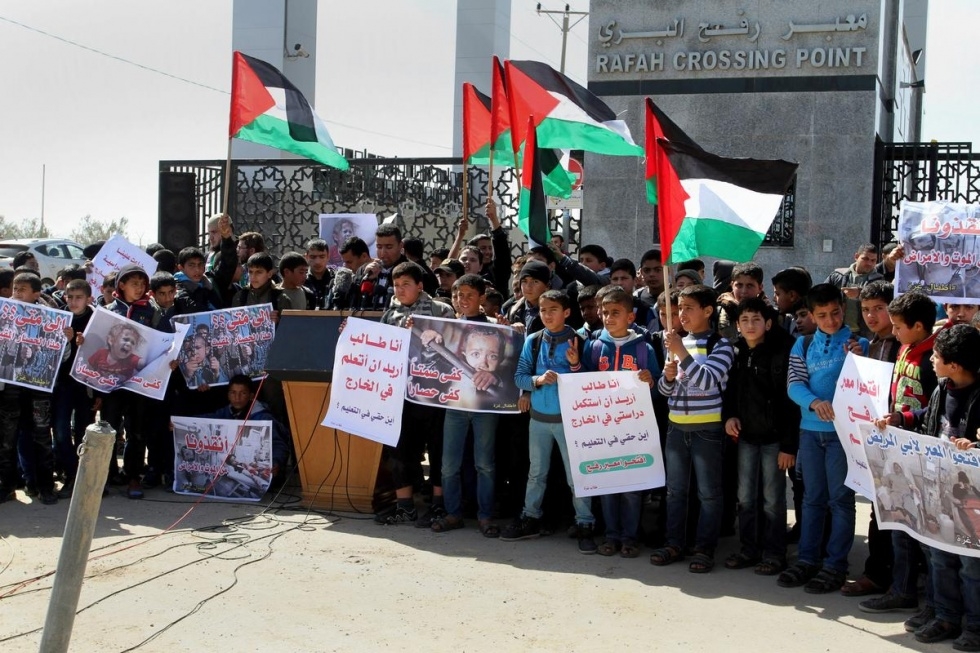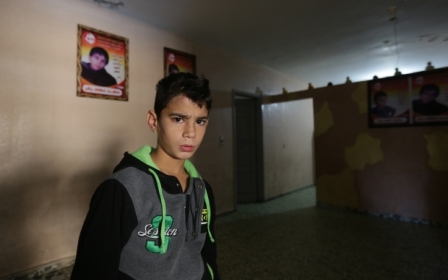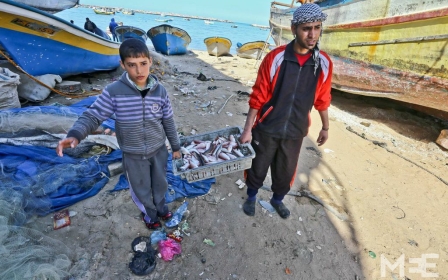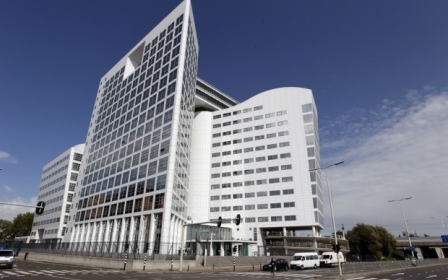Three Israeli businessmen arrested for smuggling raw materials into Gaza

Israeli police have arrested three Israelis and a fourth man for smuggling raw materials allegedly for the manufacture of arms into the Gaza Strip to groups connected with Hamas.
The arrests were made last month, but the case was under a strict gagging order. Five Israeli agencies coordinated their investigations with each other for the operation: the Israeli police, the Israeli army, Shin Bet, the Tax Authority, and the Defence Ministry.
The suspects, who are all businessmen in large companies, were accused by the Beersheba District Court with “providing raw materials to Hamas for the benefit of manufacturing rockets, missiles and other armaments” in exchange for millions of shekels.
They face charges of “assisting an enemy in time of war, terror financing, fraudulent receipt of an item under aggravated circumstances, money-laundering, tax crimes and other crimes.”
Israeli police spokesperson Luba Samri said in a statement: “A gag order was lifted on Monday on news pertaining to the dangerous and controversial case of three Israeli businessmen who have critically harmed Israeli security.”
The men “were arrested on suspicions of selling and transporting goods proscribed from entering Gaza; goods used by terrorist organisations to rebuild their infrastructure - destroyed during [last summer’s] Operation Protective Edge - in return for large sums of money,” Samri continued.
The material was smuggled “to be used by Hamas for the manufacture of rockets and a variety of other weapons ... using shell companies founded by the three businessmen despite previous warnings against selling this type of material to Gaza merchants,” she added.
Operation Protective Edge left over 2,100 Palestinians - the majority of them civilians - dead and a further 11,000 injured. The offensive heavily destroyed Gaza’s infrastructure, levelling tens of thousands of homes, hospitals, schools and other public and government facilities.
Of the $5.4bn of aid promised by world leaders to rebuild Gaza, only 5 percent has been delivered.
The materials transferred included iron, metals, rods and plates. Israeli authorities alleged that in exchange for large amounts of money, the men were able to facilitate the smuggling of materials banned by Israel to Gaza “since they can be used to rehabilitate the terror infrastructure that was hit during Operation Protective Edge.”
The men were identified as Mica Peretz who lives in Eshkol near the Gaza border, Yehoram Alon from Tel Aviv and Nagi Zuareb from Shehade. The name of the fourth businessman is still under a gagging order.
According to the indictment, the goods came from Ashdod or warehouses in central Israel, and were received by the third defendant, Peretz, at which point they were unloaded, sorted and reloaded, and then sent through the Kerem Shalom crossing into Gaza.
The investigation began on 15 January, after a truck was spotted at the Kerem Shalom crossing. The Shin Bet decided to look into it further, which led to the arrest of the three men.
“In recent weeks we uncovered a well-oiled operation by Hamas to procure and smuggle resources and materials used to develop its military capabilities in Gaza,” a statement from Shin Bet read. “The investigation into the affair showed that with this infrastructure, Hamas procured and brought into Gaza via Kerem Shalom thousands of tons of raw materials and resources used in military installations, tunnels, training facilities and weapon manufacturing in the Gaza Strip.”
Hamas has not commented on the incident.
New MEE newsletter: Jerusalem Dispatch
Sign up to get the latest insights and analysis on Israel-Palestine, alongside Turkey Unpacked and other MEE newsletters
Middle East Eye delivers independent and unrivalled coverage and analysis of the Middle East, North Africa and beyond. To learn more about republishing this content and the associated fees, please fill out this form. More about MEE can be found here.




